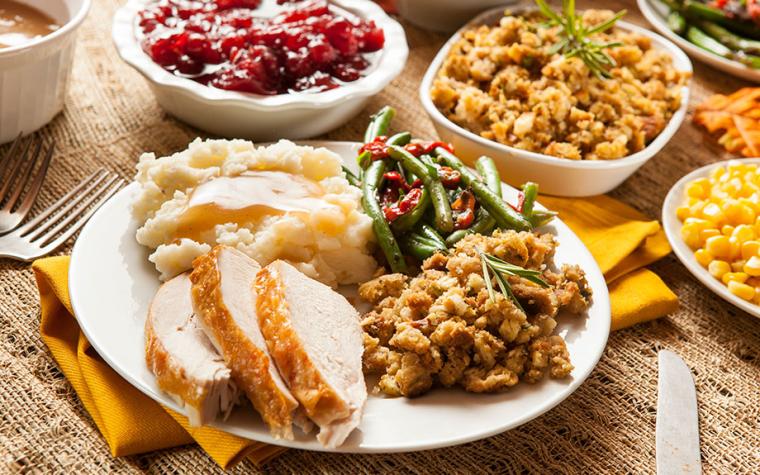
Holiday food safety tips
Amid all the excitement of the holidays, food safety can often be overlooked, turning a joyful gathering into an unpleasant experience. But by following a few key food safety practices, you can keep holiday meals both delicious and safe for everyone at the table.
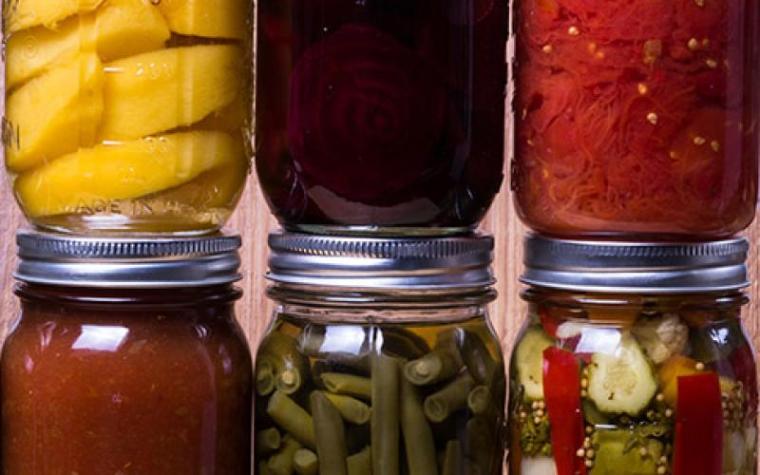
Safe food relies on Good Manufacturing Practices
Safe food depends on Good Manufacturing Practices, ensuring hygiene, proper handling, and risk reduction in food production.
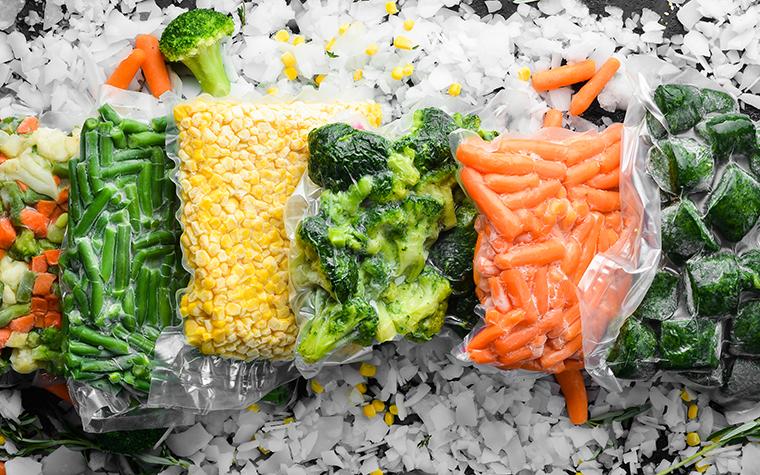
MU Extension expands food waste reduction program in rural Missouri
University of Missouri Extension is expanding its “Freeze It!” food waste reduction program across rural Missouri. The initiative empowers rural families to better manage their meals and reduce waste through strategies like meal planning, freezing meals and sharing excess food.

Expert tips on smart shopping and reducing food waste
With prices on the rise, families are looking to cut their food bills. Meal planning and smart shopping can help, but you can also make sure to use the more of the food you do pay for, says Tammy Roberts, a registered dietitian and a health and human sciences specialist at University of Missouri Extension. The USDA reports that as much as 40% of edible food in the U.S. currently goes to waste, and the average family of four loses an…
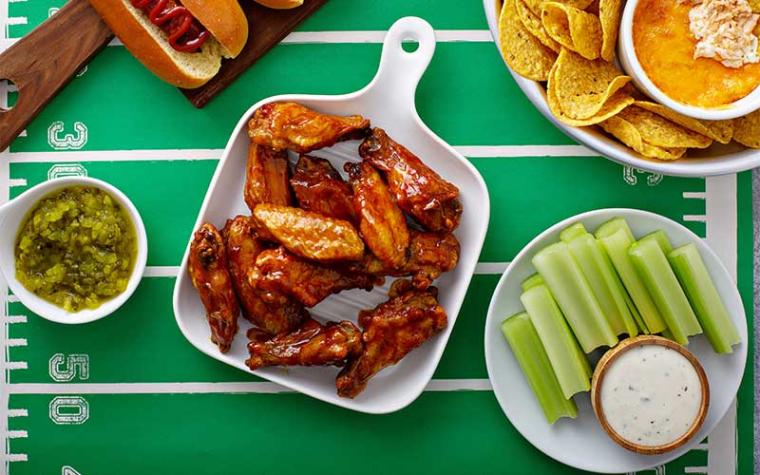
Food safety tips for Super Bowl parties
Refrigerate perishable foods promptly and avoid leaving them out for more than two hours. Wash hands, use gloves, and sanitize surfaces regularly.
Summer food safety tips
KANSAS CITY, Mo. – Summer is a time for enjoying fresh fruit and vegetables and outdoor picnics. Don’t let food safety mistakes spoil the fun. Food safety doesn’t begin in the kitchen, or even the market, says Londa Nwadike, extension food safety specialist for the University of Missouri and Kansas State University.
When the power goes out, don’t be in the dark about food safety
KANSAS CITY, Mo. – When the power goes out, the clock starts ticking on the safety of your refrigerated and frozen foods.Meats, seafood, ice cream, cut produce and even leftover pizza can become susceptible to foodborne contaminants in just a few hours, said Londa Nwadike, food safety extension specialist for the University of Missouri and Kansas State University.
More time in the kitchen makes it a good time to review food safety
KANSAS CITY, Mo. – People staying home because of the COVID-19 outbreak likely means more time in the kitchen. Now might be a perfect time to learn or review safe food handling practices aimed at keeping foodborne illnesses at bay, says University of Missouri Extension food safety specialist Londa Nwadike.Four main food safety concepts are clean, chill, separate and cook.
Freezing offers milk lovers an option for stocking up
COLUMBIA, Mo. – Freezing offers milk drinkers a way to keep nutritious milk on hand at all times, says University of Missouri Extension dairy specialist Reagan Bluel. She works with producers in the heart of southwestern Missouri dairy land.
Choose a pressure canner to safely preserve foods
With each year’s growing season, there seems to be another round of “new and improved” kitchen gadgets to make preserving the harvest easier and better. Some can be a great help; others, like the electric multi-cooker appliances, may not result in the safe canned product one might be expecting.
Get ready for home canning season
When you plant your garden, it’s so easy to imagine all of the great tasting, healthy food that will come from those tiny seeds and plants. Many people grow not only enough to eat during the summer but enough so they can preserve those garden delights for cold winter nights. Spring is a great time to make sure your canning gear is ready for production when your garden starts producing more than you can eat.
Packing perfect pickles
It can be very rewarding to serve your family and guests your very own homemade pickles. Whether you are a novice or experienced pickle maker there are things to keep in mind when making your pickled products. Below are several questions that we have received at the Extension office with the correct answers:
Blanch vegetables before freezing
Every fresh sweet corn season I hear people telling others to preserve their corn by just putting it in the freezer. Unless you are freezing onions or green peppers, blanching is a must before freezing vegetables.
Issues with canning on ceramic or glass stovetops
A common question about canning foods is, “Is it OK to can on my ceramic or glass stovetop?”First, check the recommendations of the particular stove’s manufacturer. Some say absolutely not, while others say it is OK, but with certain stipulations.
Making fruit leather
A great way to preserve extra fruit or fruit with bumps, bruises or knots is to make fruit leather. The National Center for Home Food Preservation at University of Georgia Cooperative Extension has helpful directions for making fruit leather:
Get the best results when freezing your produce
Many people enjoy planting gardens and eating fresh, homegrown produce in the summer. For people who want to preserve their garden vegetables and eat them another time, freezing is a viable option. The color, flavor and texture of the produce is often maintained when it is frozen, and the freezing process is easy and less time consuming than canning.
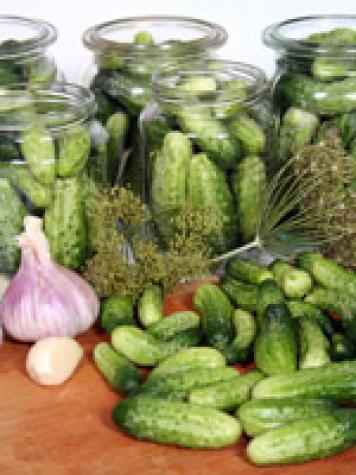
Pack a perfect pickle
Pickling is a different way to enjoy cucumbers and is often an easy process, but there are some important things to know to assure pickles are safe to eat. The main ingredients used for pickling are acid, salt, sugar and spices. Lime and alum are also sometimes used to make crisper pickles.
Prevent botulism from home-canned foods
Microorganisms all around us can cause food spoilage — they are in the air and soil, and on people and animals. Many microorganisms are difficult to get rid of, including Clostridium botulinum — the bacteria that causes botulism. Botulism is rare but can be fatal. Home-processed foods are often the culprit of foodborne botulism.
Preserving fruit salsas
Tomato-based salsas have been popular for years for food preservers, but there is a new twist on this favorite — fruit salsas. “Most fruit salsas are preserved to be used with meats, poultry and fish,” said Susan Mills-Gray, nutrition/health specialist with MU Extension. “The fruit, herbs and heat of onion or pepper, as well as the vibrant colors adds zest to meals.”
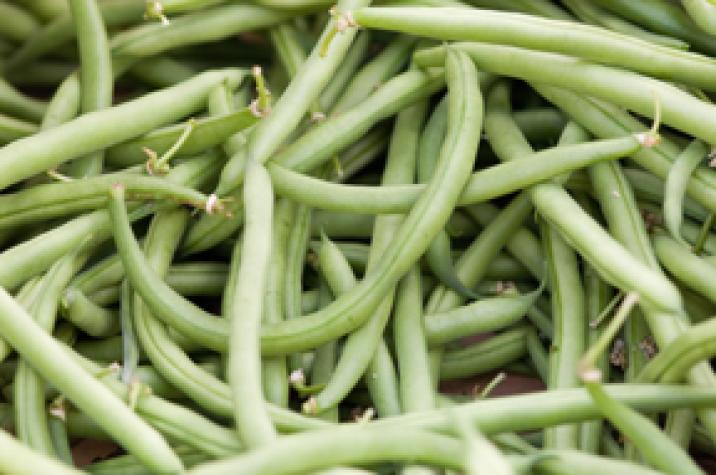
Many ways to preserve garden green beans
Explore safe methods to preserve green beans through canning, freezing, drying, or pickling, ensuring year-round enjoyment.
Preserve home-canned salsa safely
Get tested salsa canning guidelines to secure acidity, avoid recipe changes, and preserve your home-canned salsa safely.
Problem solver for home-canned foods
It’s time for the canner to come out of winter storage.As you dust it off, you may remember some jars from last year that didn't turn out exactly as planned. Why do your tomatoes float in the jar? You may have used overripe tomatoes, packed them in the jar too loosely or processed them too long or at too high of a temperature.Here are some reasons why your food may not have come out as expected and some tips for ensuring …
Storing canned foods
Many people have questions about storing canned goods. And since February is Canned Food Month, now is a good time to address some of the most common questions.
Making jerky from venison
Deer-hunting season is in full swing. Making jerky is a popular way to preserve venison. Here are some tips on doing it safely, including specifications for ground meat.
Preserving saves garden bounty for a cold winter night
There’s nothing like a meal featuring vegetables you grew and nurtured in your garden. Enjoy your homegrown produce all year long by canning, freezing or drying produce when it’s plentiful. Each preservation method has its own pros and cons.
